This Saturday is the Jewish holy day of Yom Kippur. The Day of Atonement and the end of the High Holy Days, it is the time when we Jews believe God "seals" the judgment on each individual for the year to come.
Our main task during the High Holy Days is to identify our sins and ask God and our friends for forgiveness. Of course, God's forgiveness is available all year long, but in some ways Yom Kippur is like Mother's Day or Father's Day. While we are to show respect to our parents every day of the year, we pause on these particular days to focus on it, to remember why we show them respect, and to correct ourselves if we haven't been doing it properly.
In Judaism, repentance consists of two things: a change of heart and a change of action. True repentance requires our commitment and resolve, but it also has to manifest itself in action. Psalm 34:14 makes this clear: "Turn from evil and do good; seek peace and pursue it." Changing our life patterns is a twofold motion — turning from bad and turning toward good. When we engage in these two actions, we are shaped for the better and honor God.
Repentance not only puts us on the right path — it brings us to a fuller understanding of the nature of God. It puts us in a posture of humility and reminds us that we worship a holy God who demands our holiness. When we fall short of that standard, we must repent.
In that process of asking for forgiveness, we are reminded that our God is just and righteous. But in receiving His forgiveness, we are reminded that God is also merciful and loving. Ezekiel 33:11 assures us that God desires our repentance: "As surely as I live, declares the Sovereign Lord, I take no pleasure in the death of the wicked, but rather that they turn from their ways and live." And Psalm 103:13 tells us, "As a father has compassion on his children, so the Lord has compassion on those who fear Him." Thus God not only offers us mercy, but eagerly desires that we take Him up on this amazing gift.
When we keep both sides of God's nature in view — His justice and His mercy — we come to a more accurate understanding of who He is. Yom Kippur invites us to reflect on these ideas, see ourselves for the sinful people we are, and then to bridge that gap through the act of repentance. Then we are free to move forward from the High Holy Days — cleansed, shaped, renewed, all the more grateful for our lives, and confident in God's love and forgiveness for us. May this holy season be a time for all of us to draw closer to God and to one another.
With prayers for shalom, peace,
Rabbi Yechiel EcksteinPresident, International Fellowship of Christians and Jews

